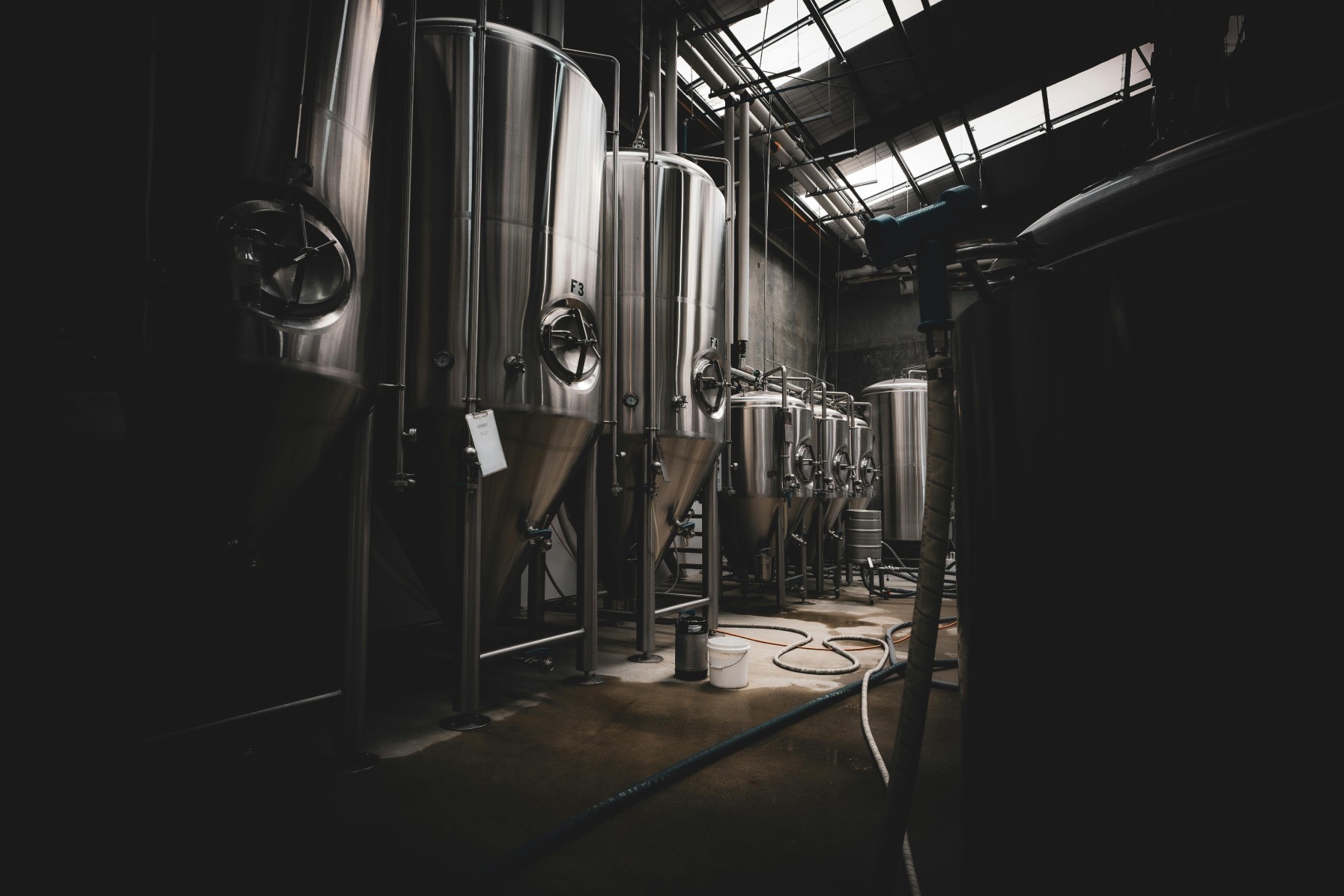Efficient Brewery Water Management: Potable and Non-Potable Water Reuse
Nov 11, 2024
Efficient water management in breweries is essential for reducing environmental impact and optimizing resource use. Breweries consume 3-7 liters of water per liter of beer produced, creating a need for systems that treat, recycle, and reuse water to reduce costs and meet regulatory requirements.
Implementing Water Reuse Systems
Modern breweries can significantly cut water consumption by reusing treated water for both non-potable and potable applications, such as cleaning, cooling, and production processes. Advanced treatment technologies, including Membrane Bioreactors (MBRs) and Reverse Osmosis (RO), allow breweries to meet required water standards, enabling water reuse across different stages of production. Such systems make it possible to recycle water that is suitable for potable use, drastically reducing the overall water footprint.
Cost Reduction through Wastewater Treatment
Effective wastewater treatment minimizes disposal costs and reduces contaminants, enabling reuse and safe discharge. Biological treatment through MBR technology removes organic pollutants and solids efficiently, meeting regulatory standards. Spacedrip, offers high-efficiency MBR and RO systems that treat and recycle wastewater effectively, supporting both compliance and sustainability goals.
Ensuring Regulatory Compliance
Breweries are subject to strict wastewater discharge standards, which require control over Biological Oxygen Demand (BOD), Total Suspended Solids (TSS), and nutrient levels. Spacedrip's advanced treatment systems help meet these standards, ensuring compliance and mitigating potential fines. Moreover, adopting sustainable practices, such as water reuse, aligns with environmental goals and corporate sustainability standards, including ISO 14001.
Spacedrip’s Advanced Water Treatment Solutions
Spacedrip combines MBR and RO technologies in a compact, energy-efficient setup, enabling breweries to recycle both non-potable and potable water with 95% pollutant removal efficiency. The MBR activated sludge based process combined with microfiltration membranes (<0.1 micron pores) remove organic contaminants, solids, and bacteria from wastewater, creating clean, non-potable water. The RO stage then filters this water at the molecular level, removing dissolved salts and impurities, producing high-quality water suitable for potable applications.
Spacedrip’s systems are modular, making them easy to install and scale, and their low energy consumption (0.9–2.1 kWh/m³) offers an attractive ROI within 3–7 years.

